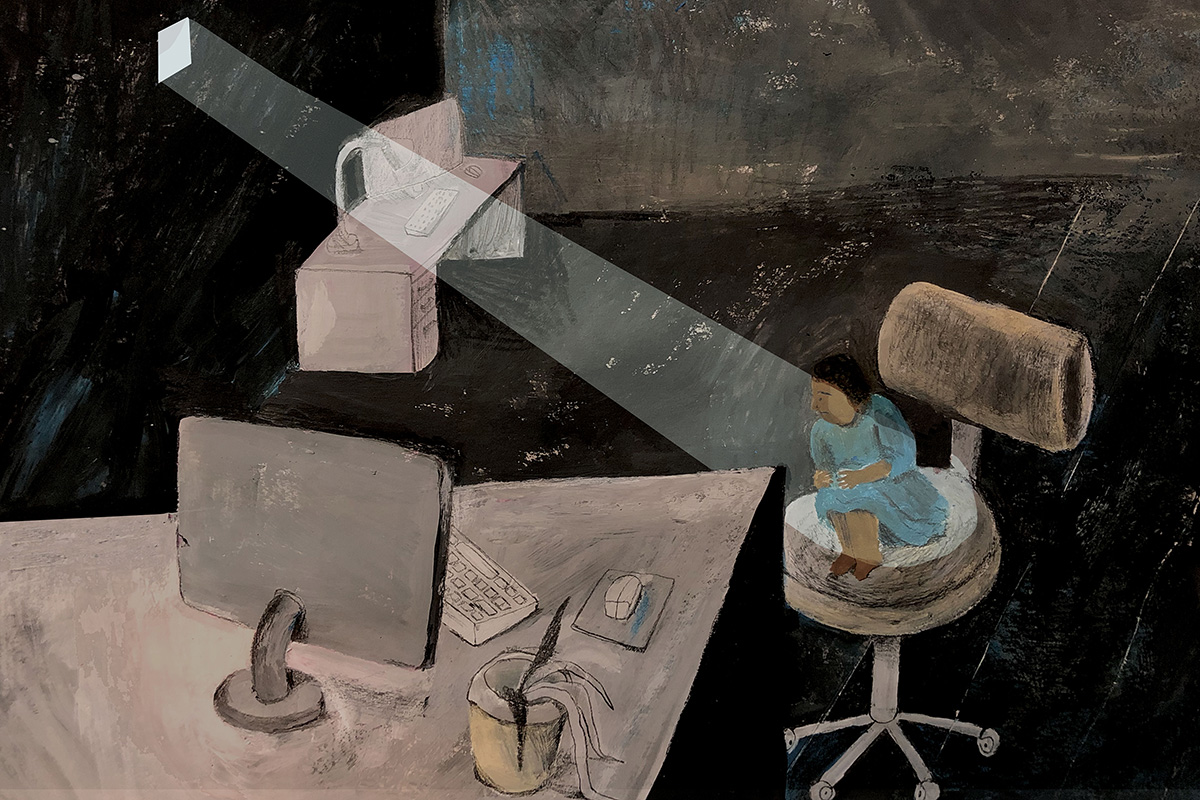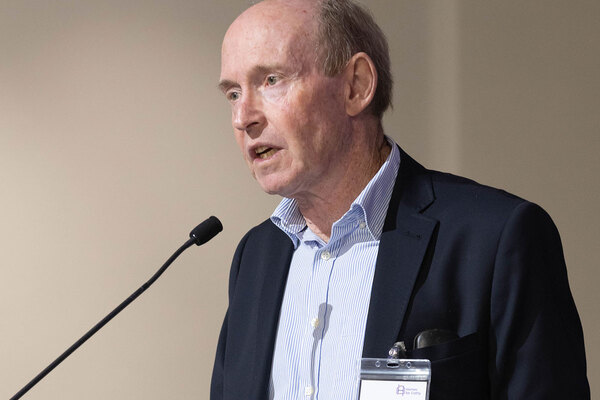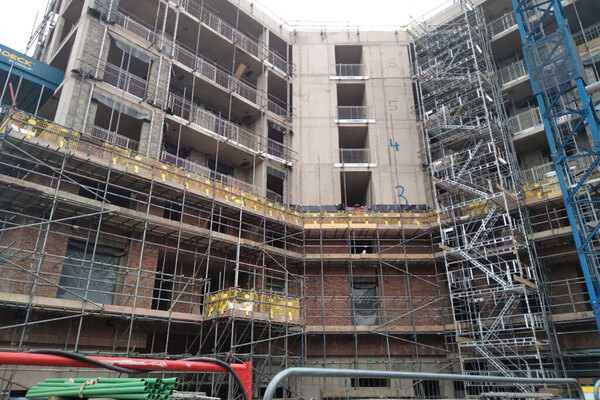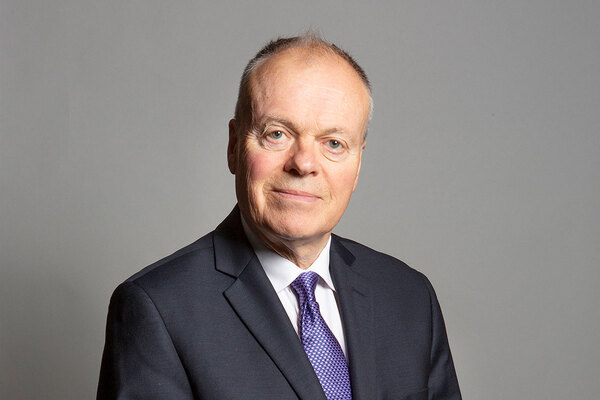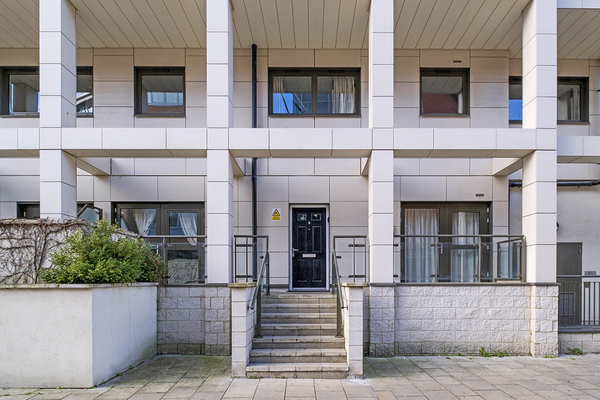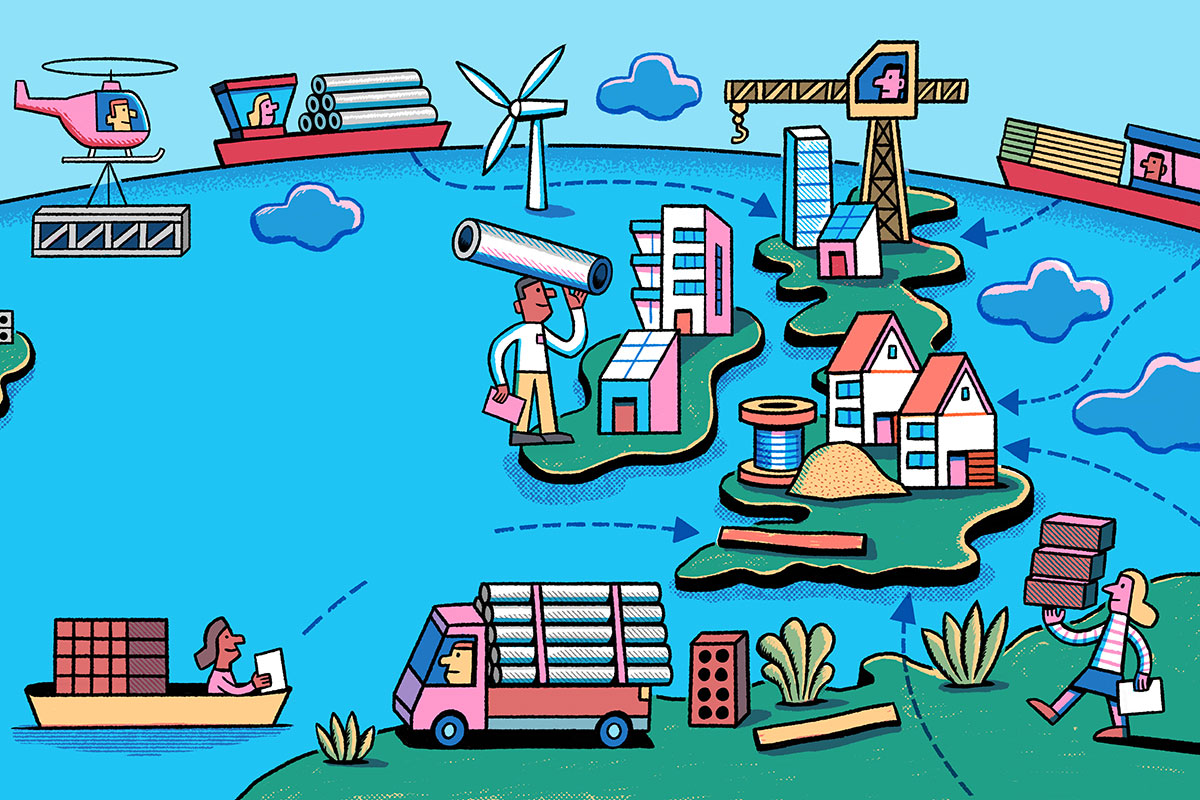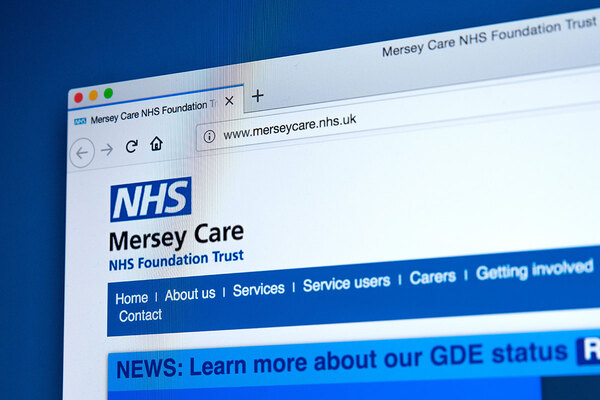You are viewing 1 of your 1 free articles

Emma Palmer is chief executive of Eastlight Community Homes
Why gender pay gap reporting is so important (but is just the start)
We have some work to do to ensure we value women’s work equally, says Emma Palmer
For a very long time, the fact that I may be being paid less than my male counterparts didn’t cross my mind. I always thought men and women were equal, so took it for granted that we would be paid the same for doing the same job.
I’ve spent pretty much my whole career working in male-dominated roles within the housing sector. I was director of operations and chief executive of a housing association’s commercial repairs business, before taking on my first housing association chief executive role.
It was only when I was in the position to hire people myself that I realised that any given man was viewed as having more experience than any given woman, regardless of whether or not it was true.
The reason I think gender pay gap reporting is so important is not because I want to pour scrutiny on organisations with the largest disparities, but because it’s helpful to be able to see the big picture.
There are always justifications for why individuals are paid certain amounts, but the big nationwide numbers demonstrate how far we have to go as a society. Pay gap reporting at least kick-starts a debate and enables us to find the words we need to start challenging ingrained beliefs.
The stats encourage conversations around diversity, about challenging traditional views, which still lead to women being valued differently to men.
This year, in light of the COVID-19 pandemic, the deadline for gender pay reporting has been put back by six months, to 5 October. Only around 2,500 organisations managed to submit their data for 2020/21 by the original 4 April deadline, and some have argued that this reflects a lack of motivation among organisations in relation to addressing their gender pay gaps. I really hope this is not the case.
Eastlight Community Homes formed in July 2020, so we will be formally logging our first set of gender pay gap data for the year 2020/21, and we’ve also made a commitment to publish our ethnicity and disability pay gaps.
However, in our most recent information, our median gender pay gap was 3.95%. The gap across the UK, as reported by the Office for National Statistics in November 2020, was 7.4% for full-time employees and 15.5% among all employees.
“The impact of the COVID-19 pandemic on working women makes talking about the gender pay gap more important than ever”
Although I like to believe there aren’t many people out there who would ever say “I think we should pay her less because she’s female”, I do think we all have some work to do around how we measure a woman’s worth.
When I think back, I’ve never had a conversation about my pay with those who decide my remuneration, but I have had numerous discussions – including during one recruitment process – about whether I’d be starting a family, and then, after my son was born, whether I’d be having another one. The fact is that women are generally viewed as a bigger risk than men, and therefore they are not valued as highly.
The impact of the COVID-19 pandemic on working women makes talking about the gender pay gap more important than ever.
My own experience is that homeworking and video calls have meant that people (including myself) have had to become more human. Before all this, I was a very private person and, for the reasons already discussed, I didn’t volunteer information about my private life. Now, however, my son frequently pops up on calls and I couldn’t be prouder.
Nevertheless, we know from various pieces of research, including that published by the Office for National Statistics last month, that the pandemic has had a greater economic and domestic impact on women than men, with women having spent more time on unpaid household work and childcare.
At Eastlight, we’ve set out to be trailblazing in all areas of our work, so we’re trying to see this issue from all angles. This includes providing more flexibility for those who are traditionally most likely to have least control over their working patterns: the members of our extremely male-dominated in-house repairs and maintenance team.
“We need a shift to happen in terms of how both men and women’s time and effort is valued, and for women, in particular, to be able to shake off the traditional views that can be so burdensome”
If a decorator wants to start work at 7am and leave at 3pm, that’s fine; and if it makes more sense for a plumber to work on weekends and have two days off during the week, that’s good too.
It’s a conscious, positive push that sends a message – one that says: “We value you and your families.”
Also, it means that female partners potentially have more employment and training options open to them.
Another reason I’ve personally never had a conversation with my employers about pay is that feeling valued has always been the most important thing for me. Of course, money is massively important, but feeling my work is appreciated, and knowing my own personal value, has always driven me forward.
We need a shift to happen in terms of how both men and women’s time and effort are valued, and for women, in particular, to be able to shake off the traditional views that can be so burdensome.
Gender pay gap reporting, and the discussions around it, help this along. So, for now, let’s have faith that organisations’ response levels will rise to where they should be six months’ time.
Emma Palmer, chief executive, Eastlight Community Homes
Sign up for our daily newsletter
Already have an account? Click here to manage your newsletters




